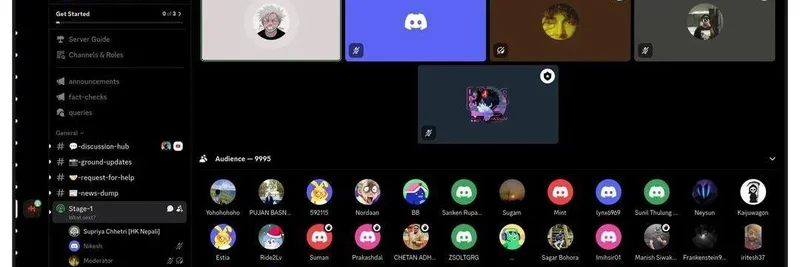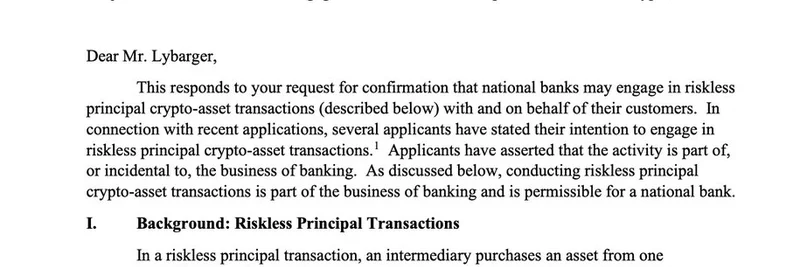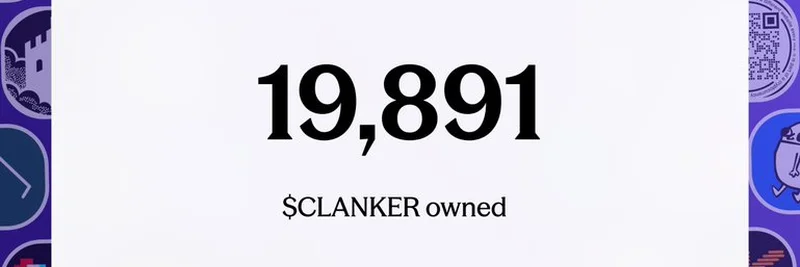Remember when Balaji Srinivasan's book The Network State dropped in 2022, painting this wild picture of digital communities morphing into real-world powerhouses? It sounded
- 最近のネパールでのGen Zによる抗議は汚職を標的にした;政府はソーシャルメディアを禁止しようとしたが、抗議者たちはDiscordを使って連携と投票を行い、スシラ・カルキを暫定首相に選出した。
like sci-fi back then—online tribes coordinating to build everything from economies to mini-governments, all without borders or bureaucrats. Fast-forward to today, and whoa, it's not just theory anymore. Omer Goldberg nailed it in his recent X thread: the acceleration is undeniable. We're watching network states pop up in politics, finance, and beyond, and it's got huge implications for the meme token world we're all obsessed with at Meme Insider.
Let's break it down with the fresh examples Goldberg highlighted, because they're straight fire for anyone tracking how blockchain and viral coordination are flipping the script on traditional power structures.
First off, the political side: picture this. Just weeks ago, Nepal's streets erupted in Gen Z-led fury against rampant government corruption. Lawmakers tried to clamp down by banning social media platforms, thinking it'd silence the noise. Big mistake. The protesters—mostly twentysomethings fed up with elite nepotism and flashy scandals—pivoted straight to Discord. They built servers like "Youth Against Corruption," buzzing with channels for fact-checks, ground updates, and live voice chats to rally the troops.
What started as leaderless chaos turned into organized genius. They held votes right there on Discord to elect interim leaders, culminating in the swearing-in of former Chief Justice Sushila Karki as Nepal's temporary prime minister on September 12, 2025. Karki's rep for zero-tolerance on graft made her the perfect pick. Protests turned violent—police clashed with crowds, fires hit politicians' homes—but the Discord backbone kept things decentralized and resilient. No single point of failure, just pure internet-native coordination. It's the Arab Spring on steroids, proving how anonymous, global groups can topple regimes faster than you can say "server ban."
Now, flip to capital markets, where crypto's already been flexing these muscles. Goldberg points to heavy hitters like Paxos, Stripe, and PayPal all vying to distribute stablecoins on Hyperliquid, a decentralized perpetuals exchange that's exploding on its own L1 chain. Hyperliquid's cooking up USDH, a native stablecoin, and the bids are wild. Paxos just dropped an updated proposal tying in PayPal and Venmo integrations—think seamless fiat on-ramps for global traders, with 95% of reserve interest funneled back to buy HYPE tokens and reward users.
This isn't just plumbing; it's network states at scale. Traditional fintech giants are plugging into blockchain rails because they have to—crypto's shown how the internet can coordinate capital without banks gatekeeping every move. Stripe's been experimenting with crypto payouts for years, and PayPal's stablecoin PYUSD is already live. Layer on Hyperliquid's high-speed trading (sub-second settlements, anyone?), and you've got a recipe for borderless finance that meme token degens can only dream of scaling.
So, why should meme token hunters care? Simple: meme communities are proto-network states. Think Dogecoin's endless hype cycles or PEPE's viral raids—they're mission-oriented, anonymous, and global, coordinating via Telegram, X, and Discord to pump prices and push narratives. But as Goldberg warns, the real game-changers won't hail from dusty boardrooms or ivory towers. They'll be these fluid, onchain crews building DAOs that vote on everything from token burns to real-world activism.
The Nepal saga shows the risks—violence, crackdowns—but also the wins: decentralized voting dodging the "one wallet, one vote" pitfalls with privacy tech like zk-proofs. Imagine meme tokens evolving into governance tools, where holders delegate votes on-chain without doxxing themselves. Hyperliquid's stablecoin push? That's the liquidity layer making it all feasible, turning fringe experiments into trillion-dollar flows.
Goldberg's right: the world's reorganizing, and dismissing it as "fringe" is what folks did right before Bitcoin went mainstream. At Meme Insider, we're eyes-wide-open—tracking how these shifts supercharge meme ecosystems. If you're building or aping into tokens, keep an ear on Discord pings and stablecoin bids. The network state isn't coming; it's already here, and it's got that chaotic, frog-meme energy we love.
What do you think—will meme DAOs lead the next "revolution," or are we just along for the ride? Drop your takes in the comments, and stay tuned for more on how blockchain's wild side is rewriting the rules.




